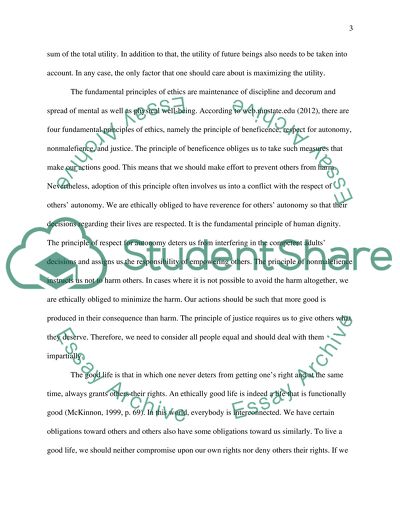Cite this document
(“Ethics Assignment Example | Topics and Well Written Essays - 1500 words”, n.d.)
Retrieved from https://studentshare.org/philosophy/1471824-ethics
Retrieved from https://studentshare.org/philosophy/1471824-ethics
(Ethics Assignment Example | Topics and Well Written Essays - 1500 Words)
https://studentshare.org/philosophy/1471824-ethics.
https://studentshare.org/philosophy/1471824-ethics.
“Ethics Assignment Example | Topics and Well Written Essays - 1500 Words”, n.d. https://studentshare.org/philosophy/1471824-ethics.


